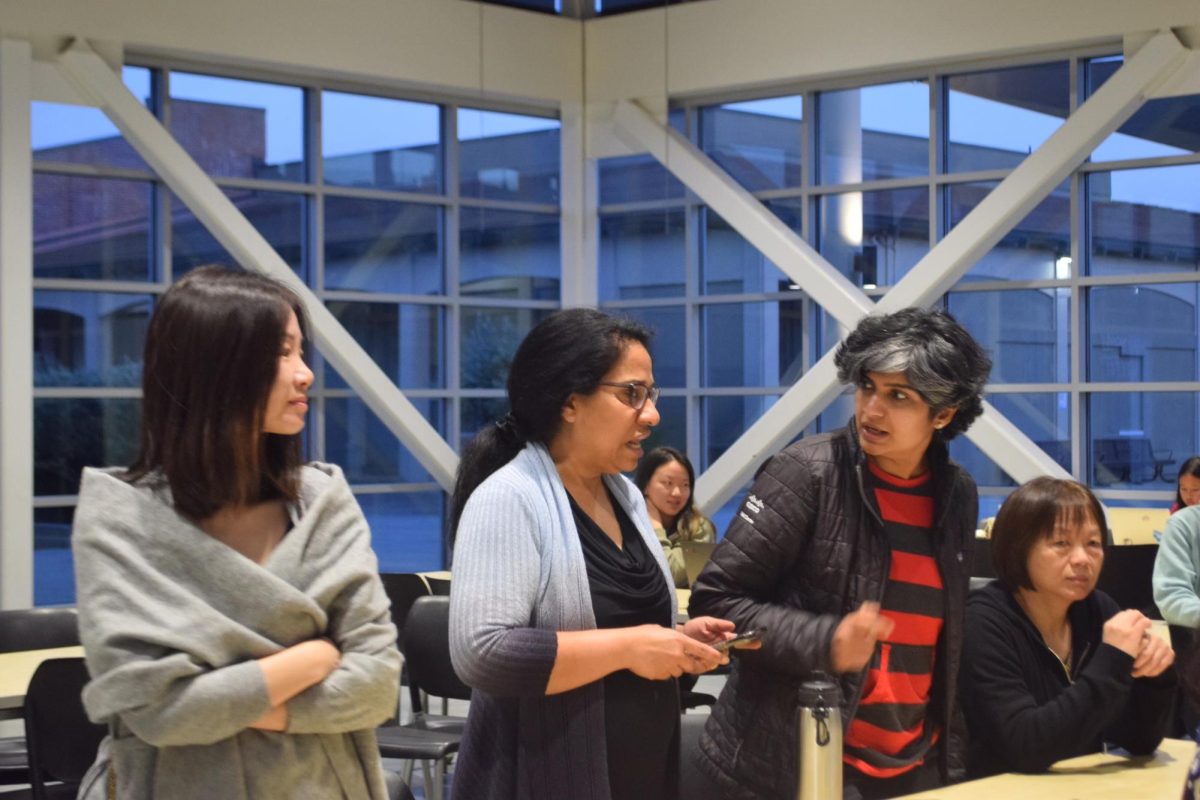The Federal Communications Commission (FCC) has signalled the death knell for the hard-won fight over net neutrality.
Here’s an easy way to understand it. It is generally accepted that libraries are independent and free. All kinds of books are present in a library. But, what if libraries were able to make deals with certain publishers that would give those publishers advantages? Obviously, most public libraries allow free access to books, but what if you ended up paying a small annual fee for every page you read and you could not go over 1,000 pages a month. For whatever reason, books by Mark Twain would not count towards that 1,000 pages.
Some politicians want the internet to work that way.
The key problem with rallying for net neutrality is the sheer amount of people that do not understand what it is and why we need it. It doesn’t help that the media does not care enough about presenting it, as television corporations such as Comcast and AT&T are usually against it.
In order for people to care, they need to understand what repealing net neutrality will do in the near future.
The FCC obviously doesn’t care about the 2.6 million people commenting and supporting net neutrality. Comcast is trying to censor a pro-net neutrality website that calls an investigation for fake FCC comments funded by the cable lobby. Comcast could strike a deal with CNN and hinder its subscribers to access alternative news sources. With this deal, Comcast could then slow access to Al Jazeera because Comcast wants to promote CNN news offerings. The absence of net neutrality means that internet service providers will have the power to silence anyone who cannot or will not pay fees to access certain websites.
With net neutrality in place, the internet will be free.
Taking a step beyond understanding what net neutrality is, people need to be aware that this is not a matter of politics. It doesn’t matter if someone is a Democrat, Republican, or involved in any of the minority parties. This is something that can be used to limit free speech.
It’s important to believe that Internet access is the same as any utility — like water, electricity and gas. The Internet is not a luxury. It’s a right.













